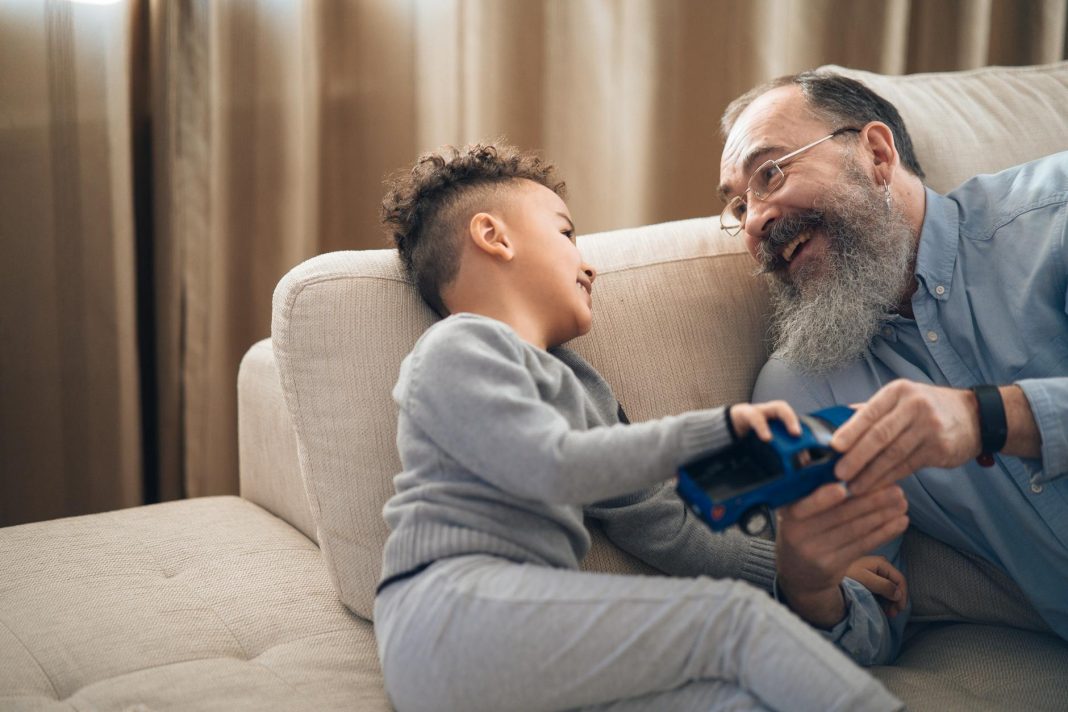Being a parent is amazing, challenging, rewarding, and sometimes, utterly terrifying. Especially when it comes to your child’s health. The endless stream of information (and misinformation!), the constant worry about sniffles and scrapes, it’s enough to make anyone’s head spin. But fear not, fellow parents! This isn’t a medical textbook; it’s a friendly chat about navigating the ups and downs of your child’s physical and mental wellbeing.
Physical Health: The Basics
Let’s start with the fundamentals. Good nutrition is key. It’s not about eliminating treats altogether (because let’s be honest, that’s not realistic!), but about focusing on a balanced diet rich in fruits, vegetables, whole grains, and lean protein. Think colorful plates and sneaking veggies into sauces – creativity is your best friend here! Portion sizes should be age-appropriate; don’t force your child to clean their plate if they’re full.
Regular physical activity is just as important. Screen time should be limited, and replaced with outdoor play, sports, or even just dancing around the living room. Finding activities your child enjoys is crucial – it’s about fun, not forced exercise.
Adequate sleep is often overlooked. Children need plenty of rest to grow and develop properly. Establish a consistent bedtime routine to help regulate their sleep cycle. A dark, quiet room, a comfortable temperature, and a calming bedtime story can work wonders.
And of course, don’t forget regular checkups with your pediatrician. These visits aren’t just about vaccinations; they’re opportunities to monitor your child’s growth, development, and overall health. Don’t hesitate to ask questions – no matter how small they may seem.
Common Childhood Illnesses: What to Expect (and When to Worry)
Let’s face it: kids get sick. A lot. From the common cold to ear infections and stomach bugs, childhood is a breeding ground for various ailments. Knowing what to expect can help alleviate some of the anxiety. Many common illnesses are relatively mild and self-limiting, meaning they clear up on their own with rest, fluids, and over-the-counter medications (always check with your doctor first!).
However, knowing when to seek professional help is vital. If your child has a high fever, difficulty breathing, persistent vomiting or diarrhea, severe headache, or any other concerning symptoms, don’t hesitate to contact your doctor or go to the emergency room. It’s always better to be safe than sorry. Raising Healthy Humans: A Parent's Guide to Childhood Wellness
Common Illnesses and Prevention Tips:
- Colds: Handwashing is your best defense. Encourage frequent handwashing, especially before meals and after being in public places.
- Flu: Annual flu vaccines are highly recommended for children. Good hygiene practices also help minimize the risk.
- Ear Infections: Keeping your child’s ears dry is important, especially after swimming. Breastfeeding can help reduce the risk in infants.
- Stomach Bugs: Thorough handwashing and careful food preparation are crucial. Hydration is key if your child gets sick.
Mental Health: The Often-Overlooked Aspect
Physical health isn’t everything. Your child’s mental and emotional wellbeing is equally crucial. Encourage open communication. Create a safe space where your child feels comfortable sharing their feelings, fears, and concerns, without judgment. Listen actively, validate their emotions, and offer support.
Recognize the signs of anxiety or depression. Changes in behavior, sleep patterns, appetite, or school performance can be indicators. If you have any concerns, don’t hesitate to seek professional help from a child psychologist or therapist. Early intervention is key.
Foster a positive self-image. Encourage your child’s interests and passions, and celebrate their achievements, both big and small. Help them develop healthy coping mechanisms for stress and challenges. Teach them the importance of resilience and self-care.
Building Healthy Habits: A Lifelong Journey
Raising healthy children isn’t a sprint; it’s a marathon. It’s about cultivating healthy habits that will benefit them throughout their lives. Start early, be consistent, and make it fun! Involve your child in healthy choices – let them help with meal preparation, choose healthy snacks, or participate in physical activities.
Lead by example. Children learn by observing their parents. If you prioritize healthy eating, regular exercise, and stress management, your child is more likely to do the same. Remember, it’s about creating a positive and supportive environment where healthy habits are the norm, not the exception.
Finally, remember to take care of yourself. You can’t pour from an empty cup. Prioritize your own physical and mental wellbeing so that you can be the best parent you can be. Self-care isn’t selfish; it’s essential.

